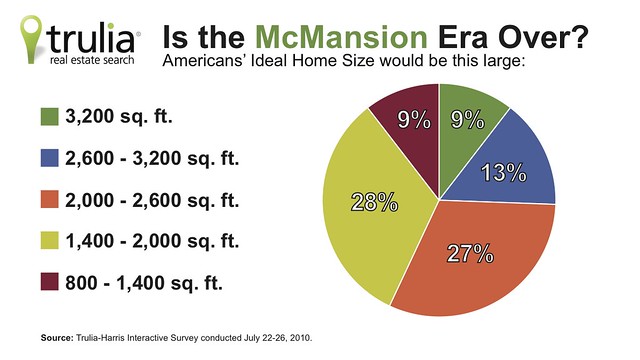Real estate can become overwhelming if you do not have a clear idea of how to search for a home or how to recognize a good deal. Learning all of the tips that you possibly can is very important for success in purchasing a home.
If you’re relocating, there is much information you can find online about your new neighborhood. Whether you’re moving to a large city or a small town, there is a good deal of valuable information that you can find on the internet. Prior to buying a property, take a look at the surrounding area’s population, employment levels and median income in order to determine whether you find the region appealing and promising.
Generally, properties that are in need of multiple upgrades or repairs carry a lower price tag. This gives you great negotiating power, meaning you will save a lot on the home purchase. You can then work on the home at your own pace, making the improvements as you see fit. You will be able to design a home that you want to live in, and build equity with every improvement that you make. Focus on the positive aspects of a home, while still being realistic about what it will cost to make necessary improvements. A few updates and improvements could transform that diamond in the rough into the house of your dreams.
If you are trying to purchase a home but the seller rejected your offer, do not worry, there may be other options or methods you can utilize to make the home more affordable. The seller may offer to make some repairs that you want done or pay for closing costs.
Exercise flexibility when making decisions. You may have to sacrifice some of your expectations in order to live in the neighborhood of your choosing, or vice versa. If you cannot afford a home in the neighborhood of your choosing, take time to check if there any homes within your budget available. You may be surprised by what you nearly passed up!
Closing Costs
When you purchase any type of property, you need to have some extra funds set aside. Typically, closing costs include your down payment, real estate taxes for the year and points you have to pay on your mortgage when purchasing the house. In many cases, closing costs have extra items like improvement bonds, school taxes, and other things that depend on your area.
If you are seeking better returns on any real estate investments, think about getting some repairs and remodeling done. As you finish the work, you will be rewarded with an immediate increase in the value of your home. Sometimes, you will even get more value increase than the amount of money you spent for repairs and renovations.
When you are preparing to purchase a home, you already know the asking price but determining your offer is an important consideration. Be respectful when explaining your offer to the seller, and you will be able to compromise on a good price for both of you.
As part of an offer on a prospective property, you can always request that the seller pay a portion of your closing costs or make another type of financial concession. It is considered common practice to request that the seller “buy down” your interest rate. However, be aware that a seller is usually less inclined to reduce the selling price if financial incentives are included in the offer.
Follow the tips you read to help you successfully buy your first home. Be sure to apply these insights to your home hunt so that you can navigate your trail without falling into the pits that a lot of other new home owners do. Have the best of luck in your hunt, and appreciate your new residence once you have it.
